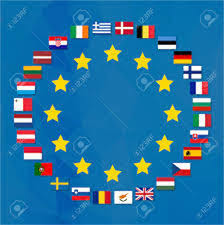Ilorin, Dec. 2, 2023: Prof. Joshua Olatoke SAN of the Department of Jurisprudence and International Law, University of Ilorin, has blamed Nigeria’s membership to World Trade Organisation (WTO) as causing unrestrained imports at expense of local market and domestic production.
Olatoke stated this in Ilorin during his paper presentation at the 247th Inaugural Lecture of University of Ilorin, entitled: “Africa in the Global Economic Trade Law Conundrum”.
He submitted that the negative trend has led to a weaker Naira that we are witnessing today, while local industries barely thrive.
“Nigerian manufacturers now operate under extreme odds and can hardly expand or create employment.
“The cumulative result had been a fragile economy which is unproductive and lacks energy to face global market competition,” he said.
The don, who teaches in the Faculty of Law of the university, lamented that the genesis of Nigeria’s problem in the politics and policies of the WTO was that the country signed WTO agreement without negotiating concession.
“Thus, any country of the world can easily ferry their goods and dump same in Nigeria.
“On the contrary, countries like India and China joined only after insisting on and securing concessions that 214 and 130 items would not be exported into their countries,” he said.
The Law expert observed that the negative effects of dumping goods is that developed countries dictate the prices of Nigeria’s manufactured goods.
He stated that consequently, the economy is unfittingly run to sustain jobs in those countries from where Nigeria imports, while the economy is plagued by the problems.
Olatoke advised that the only way by which Nigerian government is presently pursuing dumping is through the ban on importation of selected goods through the Nigerian Customs Service.
He stated that developing countries must be be protected by law and legal institutions with the view of redressing the imbalance in the trade relationship.
According to him, it will be of great importance for African continent to look within and have its own unified monetary system.
He explained that this would reduce Africa’s undue dependence on the economy of European world.




